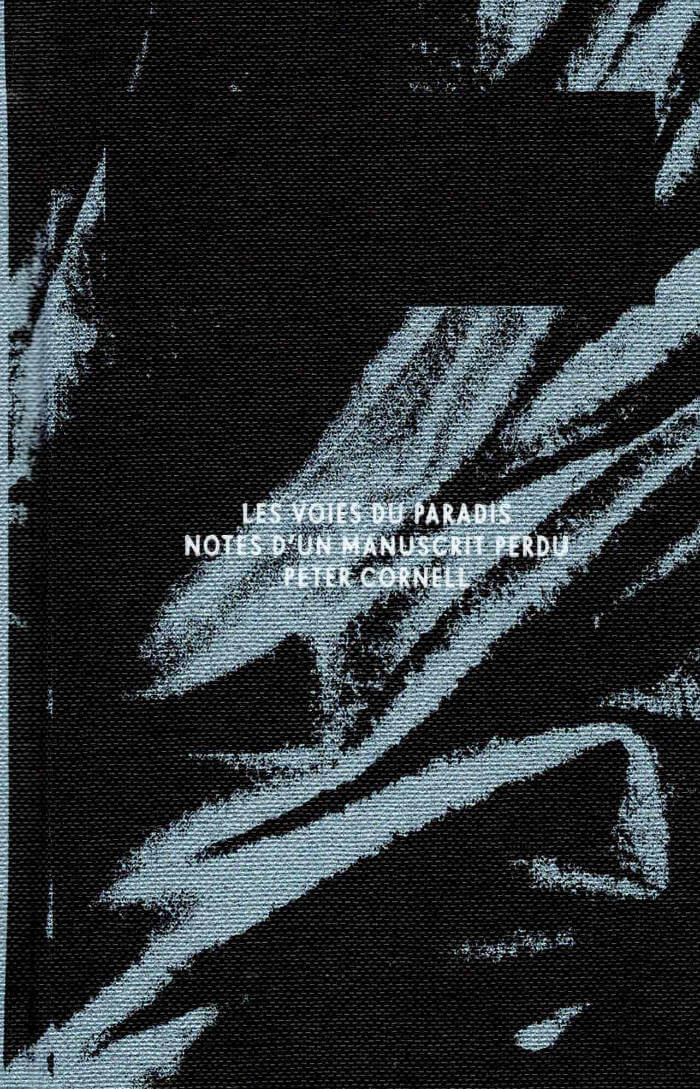
New Address II. Stereotypical Artist
What is an artists’ life made of? From the home to the studio, from the studio to the gallery, from one exhibition to the next, from one place to another – a suite of moves and a list of addresses. Tobias Kaspar’s work sheds light on the ambivalent position of the artist, taken in a web of social and economic relations: in the second volume of New Address, he uses the tone of the diary, combined with the code of the moodboard, to document the side aspects of the life of a “stereotypical artist.”
The book gathers black & white photographs taken between 2018 and 2024, during the installation or the opening of exhibitions; at performances, dinners, parties; in different homes and rooms Kaspar has been living in; and in the course of daily activities. Contrary to an exhibition catalogue, projects by the artist such as his line of jeans, or his series of bronze sculptures made from disposable packaging, are thus shown “in the middle of affairs.”
An additional booklet opens with a short essay by artist Mikael Brkic, reflecting on the “behind the scenes” logics, followed by a letter penned by writer Leif Randt, and a text in which curator Kari Rittenbach discusses Tobias Kaspar’s work in relation to the economics and aesthetics of display and fashion. It concludes with a list of artworks in the order as they appear in the main book.
Published with the support of Erna und Curt Burgauer Stiftung, Pro Helvetia, Kultur Stadt Zürich.







